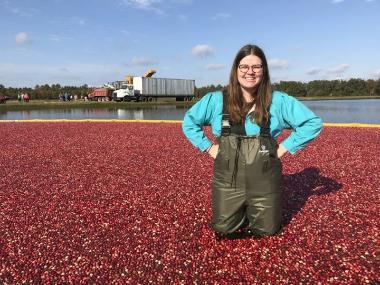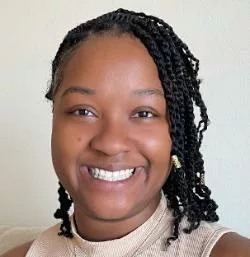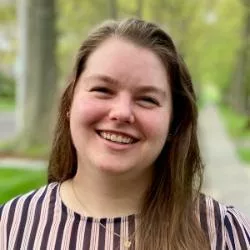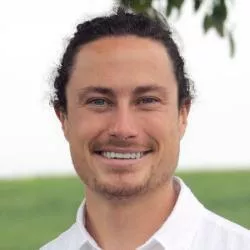The Wisconsin Population Health Services Fellowship Program is a two-year service and training program where early career individuals working in public health and allied sciences are placed in practice-based settings in community, non-profit, governmental, and health service organizations in Wisconsin. Fellows support public health programming for numerous local health initiatives while building their skills in population and public health.
The goal of the Fellowship Program is to provide advanced training to the next generation of public health leaders while, at the same time, providing direct service to community partners to address Wisconsin’s most pressing public health challenges.
“We are building a stronger workforce through training and retaining public health leaders with a deepened health equity and systems lens demonstrated by Fellowship graduates who continue to work and take on leadership roles in public health in Wisconsin,” said Wajiha Akhtar, PhD, MPH, Assistant Director of the University of Wisconsin Population Health Institute and Interim Director of the Population Health Service Fellowship Program.
The Wisconsin Partnership Program has supported the Population Health Service Fellowship Program since its inception in 2004. The program is a cornerstone of WPP’s educational investments and continues to successfully achieve its goals of both public health workforce development and service contributions to rural and urban communities.
Since 2004, more than 97 masters and doctoral-prepared fellows from diverse backgrounds have served at more than 50 unique placement settings throughout Wisconsin. The number of graduating fellows currently contributing to, or leading, Wisconsin’s public health workforce continues to grow, with 80 percent of fellows currently staying in Wisconsin.
Meet some of the fellows from the 2020-22 and 2021-23 cohorts:
Emily Dejka, 2020-22 cohort
Emily Dejka served the 2020-2022 cohort of the Wisconsin Health Services Fellowship Program through her placement with the Eau Claire City-County Health Department in Eau Claire, Wisconsin. Dejka sought a fellowship position because she could learn and practice public health in a setting with built-in mentorship. “The Wisconsin Population Health Fellowship was unique in its foundation of health equity and reflective practice,” Dejka explained, “I decided those factors would benefit the next phase of my public health journey the most.”




